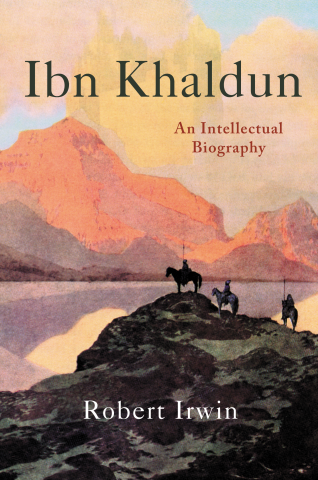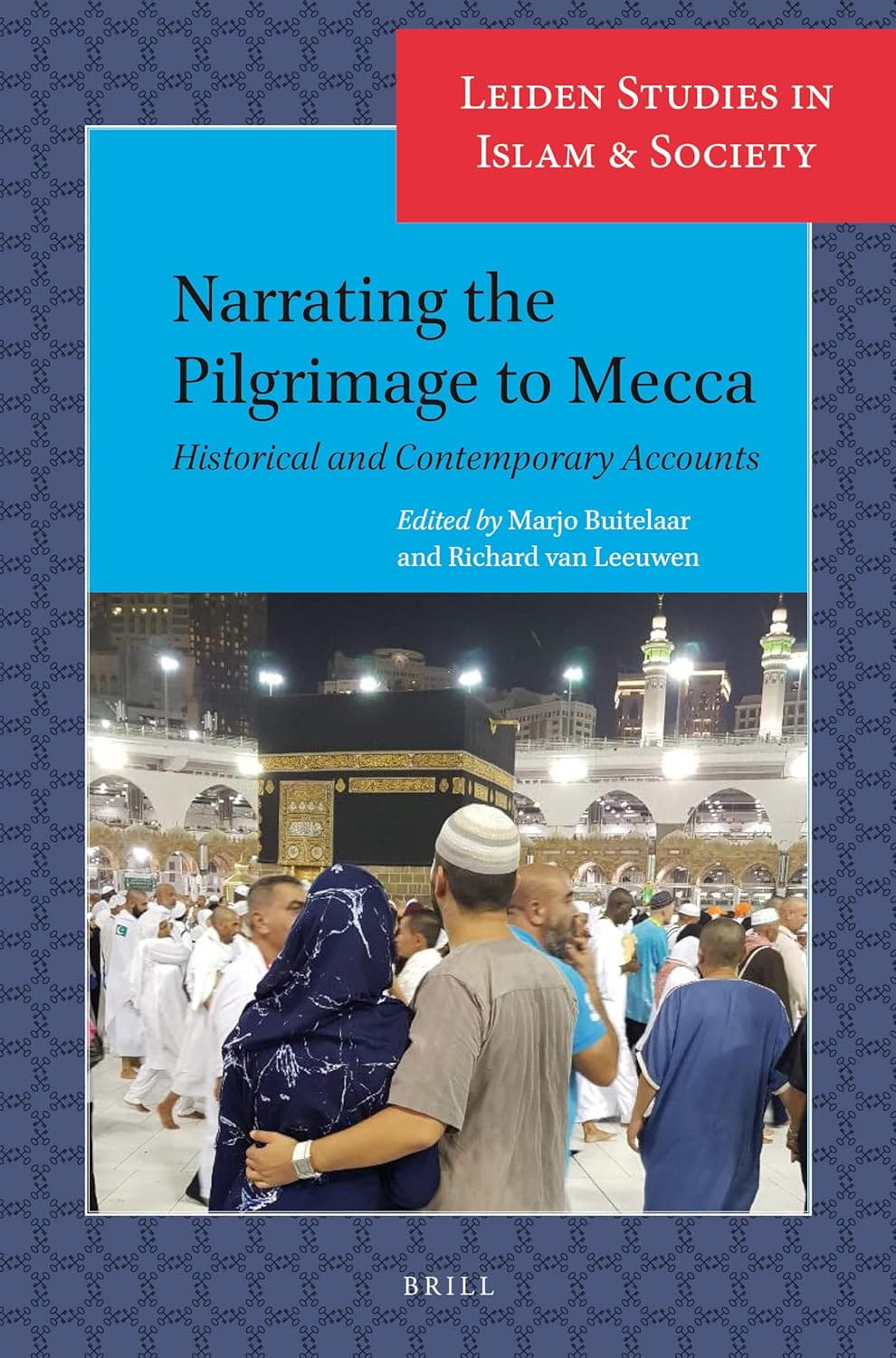
Ibn Khaldun: An Intellectual Biography
Tom Verde
Robert Irwin
Princeton UP, 978-0-69117-466-2, $29.95, hb.
This is not so much a traditional biography as an exploration of one of the greatest minds in the history of thought. There are sections on Ibn Khaldun’s education, travels and government postings in North Africa, Egypt and Spain in the 14th and early 15th century. And we learn of shoulder-rubbing with contemporary historians like Fez’s Ibn al-Khatib, “the single most influential person in Ibn Khaldun’s life,” or Egypt’s al-Maqrizi, who praised his colleague’s groundbreaking analysis of history—the Muqaddimah—as “the cream of knowledge,” composed in a style “more brilliant than a well-arranged pearl.” This study examines Ibn Khaldun’s manifold interests and curiosities (among them nomads, law, astrology and economics), and methodology, particularly “cause and effect,” and “how things work” when they are similar or dissimilar—an unusual approach for a historian of his day. The reflections of modern admirers, from Arnold Toynbee to Mark Zuckerberg, add scaffolding to Irwin’s pursuit of the “sheer depth” of Ibn Khaldun’s thinking.
You may also be interested in...

Essays Unpack the Evolving Hajj and Umrah Experience
This volume of essays juxtaposes historical first-hand narratives of Hajj and Umrah journeys with oral interviews of contemporary pilgrims to show the transformative power of storytelling.
Asma Khan’s Monsoon Cookbook Reclaims Taste of Home—Our Book Review
Known for her all-female kitchen at London’s Darjeeling Express, Asma Khan transforms her new cookbook into a memoir, steeped in nostalgia.